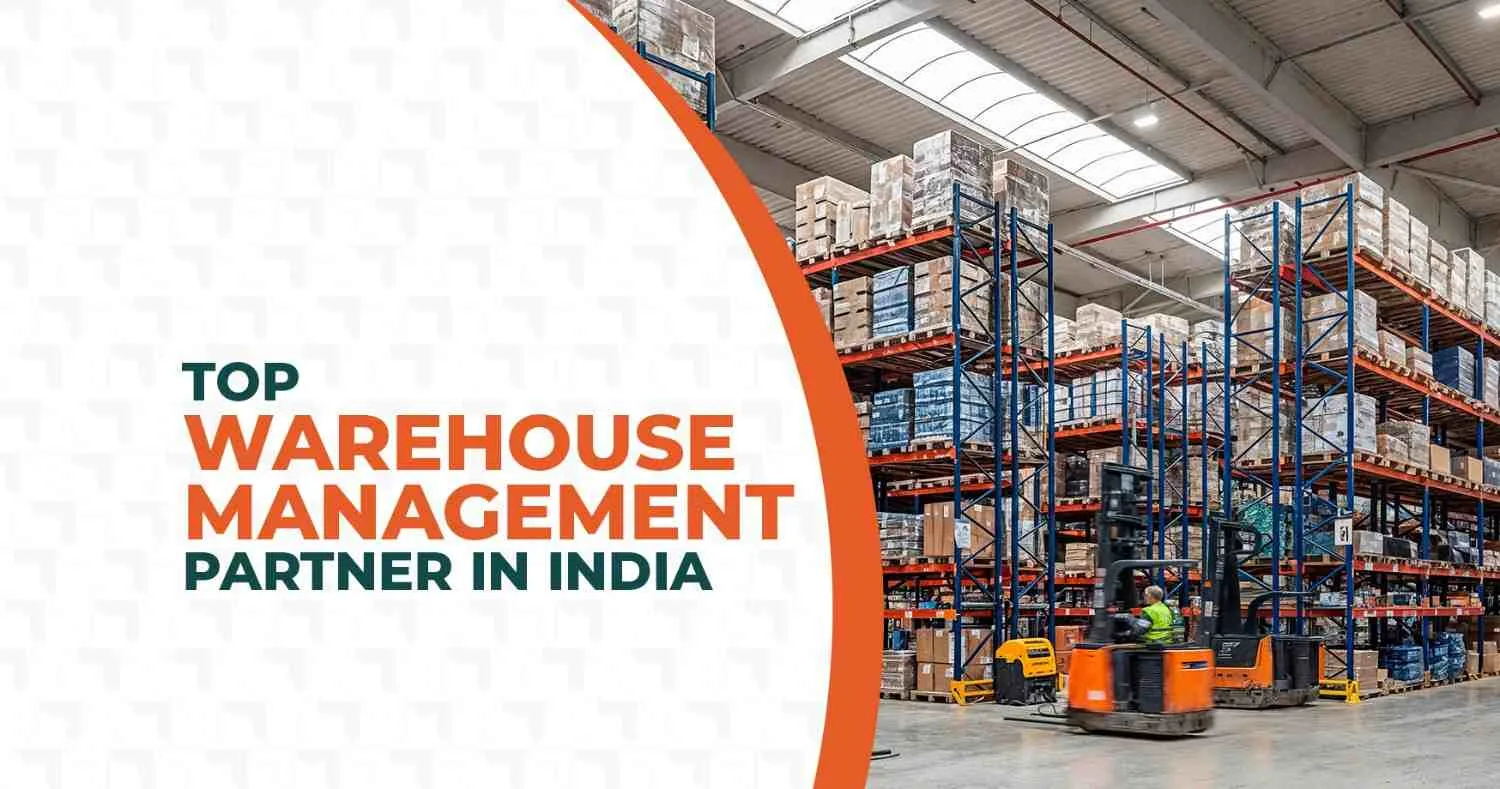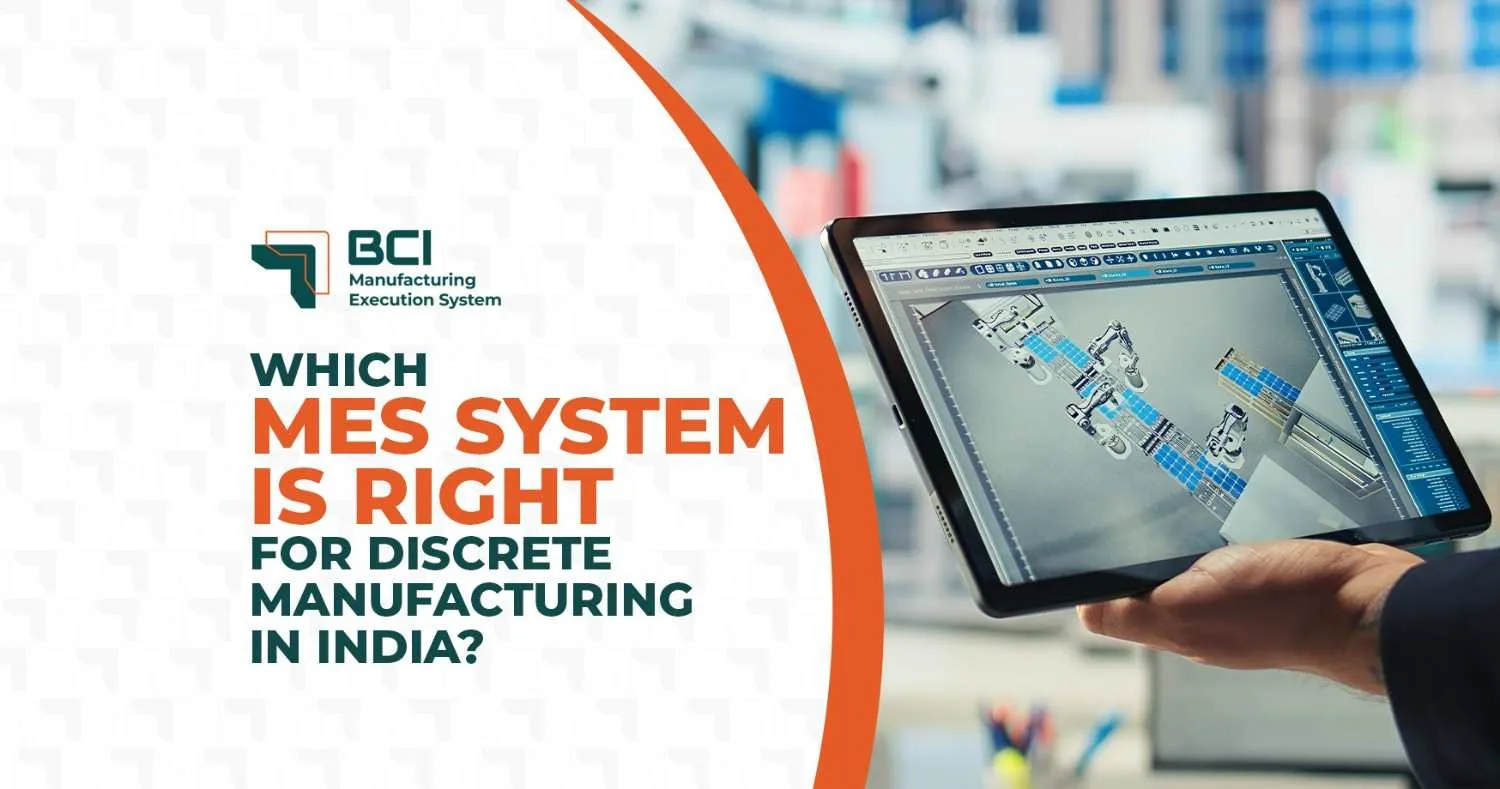
How Can I Choose the Best WMS Solution in India?
Businesses that deal with physical goods face constant pressure to deliver faster, manage accurate stock levels, and keep operational costs under control. In retail, e-commerce, and manufacturing, even small lapses like delayed shipments, wrong dispatches, or poor inventory visibility, can lead to financial losses and unhappy customers. A Warehouse Management System (WMS) brings structure to that chaos. It assigns logic to how inventory moves, how labor is used, and how orders are processed.
From order picking and inventory tracking to handling returns and reporting, the right WMS replaces reactive problem-solving with planned execution. But every business has different priorities. A high-volume e-commerce seller may need real-time order tracking, while a manufacturer may focus on quality checks and component traceability. This article explores the key evaluation points that help identify a WMS aligned with your warehouse reality and business goals.
Detailed Steps to Select the Best WMS Solution in India
1. Start by Reviewing Your Current Operations
Every warehouse has different challenges. Some struggle with inaccurate stock counts, while others lose money because of delayed order dispatch. List down issues such as:
Frequent stock mismatches or misplaced SKUs.
High operational costs and inaccurate data input due to manual data entry.
Difficulty in tracking products across multiple warehouse locations.
The best WMS solution in India should solve these challenges immediately while being scalable enough for future growth. If you are already expanding into multiple cities or managing thousands of SKUs, you need a system that supports automation and detailed analytics rather than just basic tracking.
2. Check the Essential Warehouse Software Features
Choosing the right WMS is not about buying the most expensive one; it is about choosing the one with the right warehouse software features for your business. You should look for:
a. Accurate, Real-Time Stock Updates
An effective WMS should sync effortlessly with barcode systems and RFID readers to update stock levels the moment goods move. In addition, warehouses handling temperature-sensitive or high-value items should prefer systems compatible with IoT sensors, which monitor conditions like temperature, humidity, and product movement in real time.
b. Efficient Order Processing and Automation
Functions such as batch or wave picking, wireless handheld scanners, automated labelling machines, and machine vision systems minimize manual picking and dispatch errors and speed up packing. Fewer mistakes mean fewer product returns and faster dispatch cycles, improving overall service quality.
c. Handling Returns and Irregularities
A dependable WMS should automatically classify items as sellable or non-sellable after quality checks. It should also generate alerts for low-stock situations, delayed shipments, or potentially fraudulent orders, allowing quick corrective action.
d. Insightful Reports and Demand Forecasting
Select a system that provides live dashboards and automated reports. Visibility into order accuracy, workforce productivity, and stock projections supports better resource allocation and sharper financial planning.
The top warehouse management system will combine all these features to deliver cost savings and operational efficiency.
3. Evaluate WMS Providers in India
The effectiveness of a WMS depends as much on the vendor as on the software itself. A strong provider ensures smooth implementation and long-term reliability. Consider these points when selecting a WMS provider in India:
a. Look for vendors with a proven track record in handling projects for businesses of your size and sector.
b. Ensure they provide structured training programs for employees and offer responsive support teams to resolve issues quickly.
c. Verify whether the system is compatible with essential warehouse hardware
d. Confirm that costing is transparent, covering software, hardware, and any recurring charges for updates or expansions.
Bar Code India, through its WMS, is widely recognized for delivering technology-driven warehouse automation. It is designed for businesses looking for accuracy, faster order cycles, and real-time inventory visibility.
4. Plan for Long-Term Growth
Do not select a system only for today’s requirements. As your business expands, you will need to manage more SKUs, larger warehouses, and multiple distribution points. The best WMS solution in India should scale with your growth and integrate easily with ERP, CRM, and logistics systems. A reliable WMS provider in India will also guide you on automation upgrades when your warehouse operations grow in complexity.
Conclusion
Do not rush into buying the first system that looks feature-rich. The real value of a reliable WMS solution comes from how well it fits your warehouse strategy. Before signing a contract, run a pilot on a smaller section of your warehouse to measure order accuracy, inventory visibility, and labor productivity improvements.
If you are serious about long-term efficiency, work with a vendor who specializes in automation-driven warehousing and has domain-specific expertise. Bar Code India is considered the best WMS provider in India because it delivers proven results in inventory accuracy, faster order cycles, real-time supply chain visibility, and scalable automation.
Think beyond immediate cost-cutting and select a system that can grow with your business, integrate new technologies when needed, and continue improving financial efficiency year after year. Contact us today!



